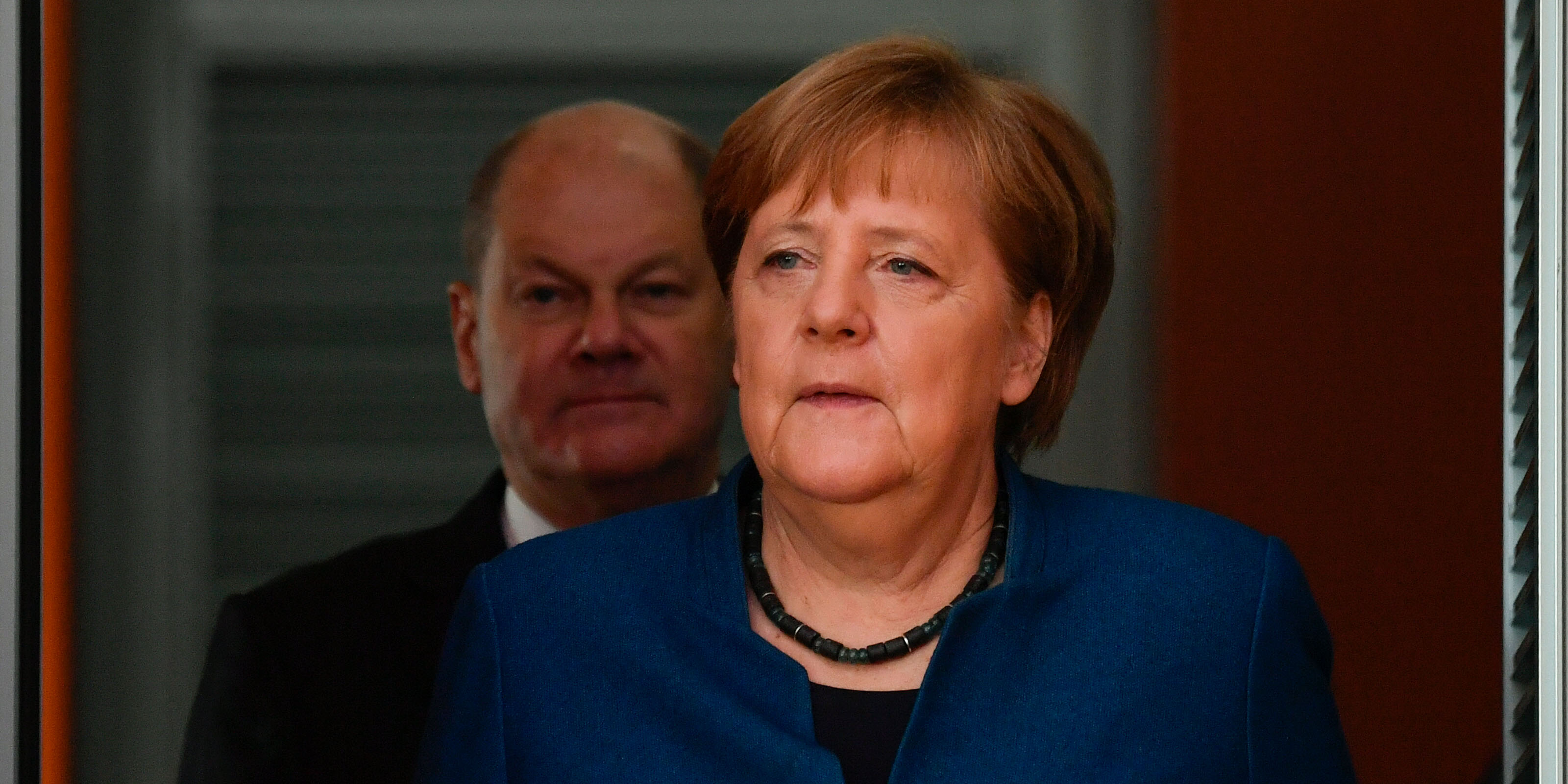In Germany, the push of the far right has just taken a new step. For the first time, in Thuringia, in the center-east of the country, the local elected representatives of the conservative party of Angela Merkel, the CDU, joined their voices with those of the elected representatives of the Afd, far-right party. An earthquake in symbolic politics: it was in this region that in 1930, the first sea wall had jumped in the face of Nazism. The moderate right had maneuvered to block the left in order to gain power, supported by the NSDAP, party of Adolf Hitler.
>> Find all of Nathalie Levy's programs in replay and podcast here
AfD traps CDU
Wednesday in Erfurt, the scenario was somewhat repeated, with the arrival in power of an unknown: Thommas Kemmerich, member of the liberal FDP party. The latter had collected only 5% of the vote in the elections this fall. When it came time to elect a regional president, the far right made it its puppet. In the third round, when she had herself presented a candidate, she granted him all of her voices trapping the classic right. The CDU found itself de facto voting together for the same candidate, against the candidate on the left.
>> READ ALSO - Antisemitism: Germany and Israel fear the return of the "old demons"
The reactions are unanimous to denounce this election. Including the federal directorate of the CDU. "It's a dark day, a shame, a taboo that has just jumped" could we read or hear in the political world. Especially in a region where the far right is particularly radical with openly neo-Nazi elected officials. To break the deadlock, Angela Merkel's right is calling for a new election in the region.
Such a maneuver will not be without consequences. It has already caused an uproar among the various political parties, including within the FDP where reactions have been mixed. The left of the SPD (socialist) even wonders if it is still possible to govern at national level for a right which is compromised in this way.

